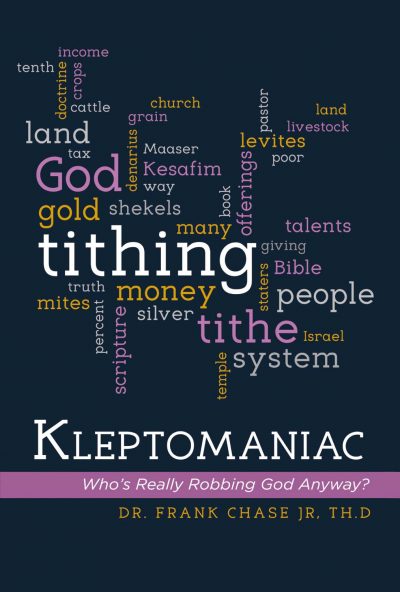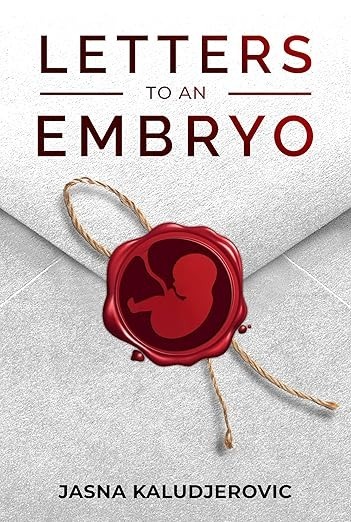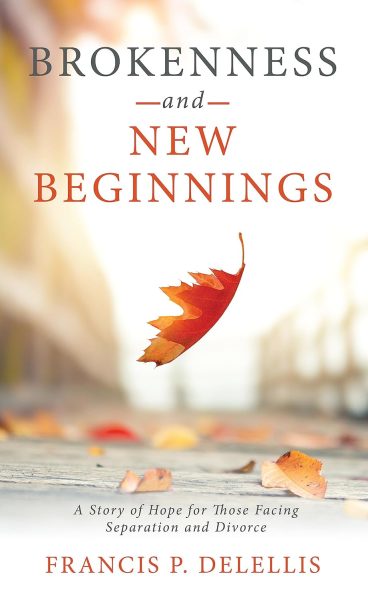 Kleptomaniac: Who’s Really Robbing God Anyway? by Dr. Frank Chase Jr, ThD
Kleptomaniac: Who’s Really Robbing God Anyway? by Dr. Frank Chase Jr, ThD
Kleptomaniac: Who’s Really Robbing God Anyway is an educational book that tackles the religious taboo subject of monetary tithing and presents information about an under-saturated subject in the book world. This manifesto is a scholastic, theological work and should be read by anyone who has skepticism about the truth and accuracy of the modern non-biblical monetary tithe system that is not contained on the pages of the scriptures. The ultimate experience in writing this book is that the modern monetary tithe system is a Bible parlor trick and Jedi mind game to get you to believe that God wants people to pay ten percent of their income to the church in perpetuity. Don’t drink the tithing koolaid. Read the book instead!
The message of the book is that ten percent of a person’s income does not represent an authentic biblical tithe. The biblical tithe has always been edible items as required by biblical law. A monetary tithe of ten percent represents a tax for religious purposes instituted by traditions of men. A true biblical tithe is narrowly limited to food and clean animals from inside the land of Israel. Also, true biblical tithing was never extended to crafts or trades, and since Jesus was never a farmer, nor headsman, he was not required to tithe.
Targeted Age Group:: All Audiences
Heat/Violence Level: Heat Level 2 – PG
What Inspired You to Write Your Book?
The story behind Kleptomaniac: Who’s Really Robbing God Anyway is a 30-year unfolding tale of suspicion, intrigue and questions. My quest for truth started innocently when I first became a believer in the Messiah. One of the doctrines I first became indoctrinated to was the practice of paying ten percent of my income to the coffers of the institutional church as a command from God. As the years passed by I began to question this overtaxing financial obligation. Although it was tough to pay this kind of money years after year, I dutifully kept my obligation to pay God ten percent no matter the circumstances. Even in the face of not being able to pay my bills and struggling to feed my family, I paid God what He required to His representative on earth—the Church. I did this in hopes of receiving a financial blessing from God for my commitment. The scriptures pastors relied on for monetary tithing resides Malachi 3:8-10. As the years passed, I began to notice the windfall financial blessing I hoped to receive from God never materialized. The abundance that was to overtake me financially somehow escaped my grasp. After 30 years of paying ten percent of my income as a so-called tithe to God, my questions about the practice grew as my financial struggles mounted. About several years ago, I started investigating the doctrine of tithing on a deeper theological and scholastic level out of a need to try to find some financial relief.
Kleptomaniac: Who’s Really Robbing God Anyway began with a probing question. What is tithing? By this time, I was a member of a church group that taught heavily on tithing and even suggested that all tithes must be paid on gross income before taxes to receive God’s blessings. And before you ask whether I succumbed to the pressure to of paying tithes on gross income, the answer is yes. And this went on for several years, which almost lead to bankruptcy. The book came into fruition as a result of a conversation with my x-pastor about the belief system of Jewish people have about the Bible. At that point, the subject of tithing came into the conversation, which prompted me to inquire of Jewish experts and Rabbis about what the Bible actually teaches about tithing monetary income. My first shocking discovery about monetary tithing came from a Jewish Rabbi’s point paper on giving to God. As I read through the document I wept tears of joy, but when reality set in, I became angry. What I thought was tithing for 30 years turned out to be not so accurate. As it turned out, tithing is in the Bible, but tithing money was not in the Bible. As I got over the initial shock, I thought I perhaps needed to do more research to verify my initial discovery. And so I went on a research journey and read my first two books on tithing. The information contained in those books blew up my so-called theology on tithing like an IED and created immediate cognitive dissonance in my tithing belief system.
Now, I was faced with a theological decision about what I would do about my newfound information. My first action was to write my church leadership about my decision to resign from monetary tithing and to take sabbatical leave to go on a yearlong study of the subject and come back with an empirical analysis on what tithing is in the Bible. Needless to say, my decision did not go well and the struggle for truth began. Even as I stepped down or was removed from leadership depending on who you talk to, fellowship with this church became more difficult because leadership felt I became a financial threat to the bottom line if the congregation discovered what I had learned about tithing. In the end, I was indirectly excommunicated from that church. After leaving that institution, I began studying tithing and compiled 117-page power point study and sent my finding to the church. Kleptomaniac: Who’s Really Robbing God Anyway started as a power point study and expanded into a 400 page theological manifesto based on empirical, academic, scholastic research that went from the church in America to the land of Israel. In that journey, I discovered that tithing monetary income is not contained on the pages of the Holy Bible, nor was it ever uttered from the mouth of God that a tithe is ten percent of a person’s income. Writing this book about tithing monetary income and giving gave me biblical insight into the scriptures that changed my life forever. The academic study of tithing is a journey where not many Bible readers go to understand their Bible.
Book Sample
When God says, bring all the tithes into the storehouse, it should be understood that He is talking about crops, herds and flocks. If the priests brought the whole tithe into the storehouse as God requested, there would have been enough food in his house. The food was for the Levites who were on temple duty. The key part of Malachi 3:10 is where it truly becomes interesting; according to the common spiritualized interpretation of Malachi, if you test God by paying 10 percent of your income, God will open up the windows of heaven and shower you with financial blessings. Malachi 3:10 says:
Bring all the tithes into the storehouse, that there may be food in My house, And try Me now in this,” Says the LORD of hosts, If I will not open for you the windows of heaven And pour out for you such blessing that there will not be room enough to receive it (NKJV).
Like a meticulous surgeon, you must find out what God meant in Malachi through word study. But before going further, I want to first head off a pro-tithe argument at the biblical pass. While tithe-collecting churches argue that tithing in Israel was upon produce and animals; today’s believers must tithe from a paycheck because all human productivity owes its origins to the earth directly and indirectly because God owns the whole earth. On the surface that seems true, but when you connect money to the earth, the tithe in Hebrew remains eatable items (produce and livestock), which makes the argument for money tithing baseless because it ignores the original Hebrew definition of the word. Let’s examine what Malachi meant when he referred to the storehouse.
Links to Purchase Print Book version – Click links for book samples, reviews and to purchase
Buy Kleptomaniac: Who’s Really Robbing God Anyway? Print Edition at Amazon
Buy Kleptomaniac: Who’s Really Robbing God Anyway? at FC Publishing
Links to Purchase eBook version – Click links for book samples, reviews and to purchase
Buy this eBook On Amazon
Buy this eBook on Barnes and Noble for Nook
Buy this eBook on iBooks
Buy this eBook on Kobo
Buy this eBook on Google Play
About the Author
Learn more about the author on their website
Follow the author on Amazon
Follow the author on Social Media:
Facebook
Twitter
Goodreads
Pinterest
Instagram
LinkedIn
YouTube Channel
All information was provided by the author and not edited by us. This is so you get to know the author better.









